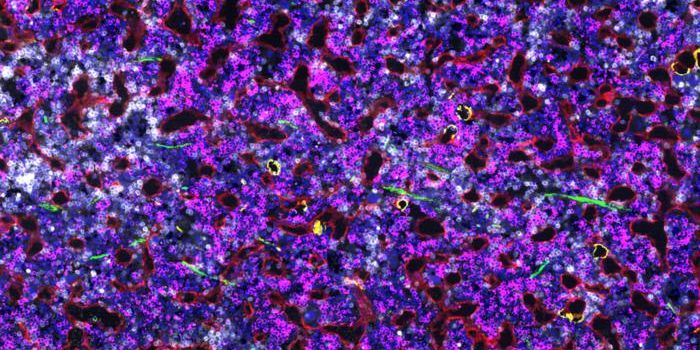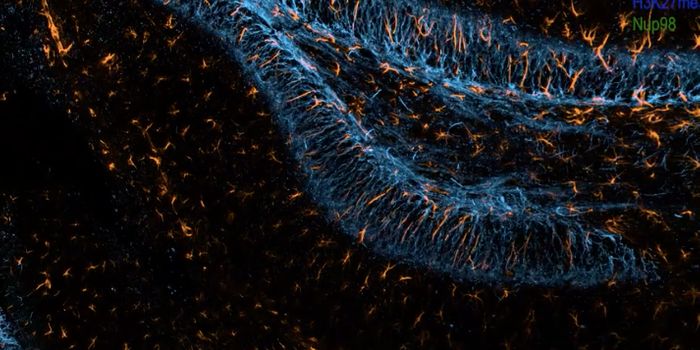Master Gene Switch Found for Autoimmune Disease in Women
Scientists at the University of Michigan have discovered what they call a ‘master switch’ that causes women to be more prone to autoimmune diseases.
Most parts of the body can be affected by autoimmune disease, including the endocrine system, muscle, gastrointestinal tract, heart, skin, and kidneys. Autoimmune diseases tend to be inherited in families and even in individuals where a person has more than one affliction, which indicates that there are common mechanisms involved in disease susceptibility.

Autoimmune diseases, including rheumatoid arthritis, lupus, and psoriasis, tend to affect women much more than men for reasons that have previously been unknown. Approximately 8% of the population suffers from some sort of autoimmune disorder, with an estimated 78% of that being women. Current research on gender differences in autoimmune response centers on sex hormones. However, the Michigan group found no evidence for estrogen or testosterone involvement in onset of disease.
Professor Johann Gudjonsson, lead author for the study published in Nature Immunology, and his group examined gene expression patterns in skin from 31 healthy women and 51 healthy men. Skin is an important factor in autoimmune disorders and one of the main diagnostic criteria examined for diseases such as lupus.
Included in the 661 genes they found expressing differently between the men and women were several that played a role in immune function. In addition, they discovered a distinct molecular signature associated with susceptibility to autoimmune disease only in women, independent of age or hormone regulation. Expression results showed that this gender-specific molecular signature was regulated by a transcription factor called VGLL3. The VGLL3 network is a novel pathway upregulated in women and associated with multiple autoimmune diseases.
“This previously unknown inflammatory pathway promotes autoimmunity in women,” said Dr. Gudjonsson, “We found a completely new angle. Our team identified a gene expression difference between the sexes that is associated with susceptibility to autoimmune disease.”
The VGLL3 pathway was also activated in men with autoimmune diseases but at a much lower level. Because of the evident difference between the male and female samples, this research is garnering new attention for focusing on the gender-specific expression of immunological pathways.
“We found some striking differences in gene expression between the women and men,” says first author Yun Liang, Ph.D., a U-M dermatology research investigator.
Further research has started on how the pathway works, other players, and a more in-depth look into involved genes. The study provides a foundation for work on new therapies, both prevention and treatment, based on the VGLL3 regulator or other potential pathway blockers.
Sources: Newswise, NCBI, Nature Immunology








